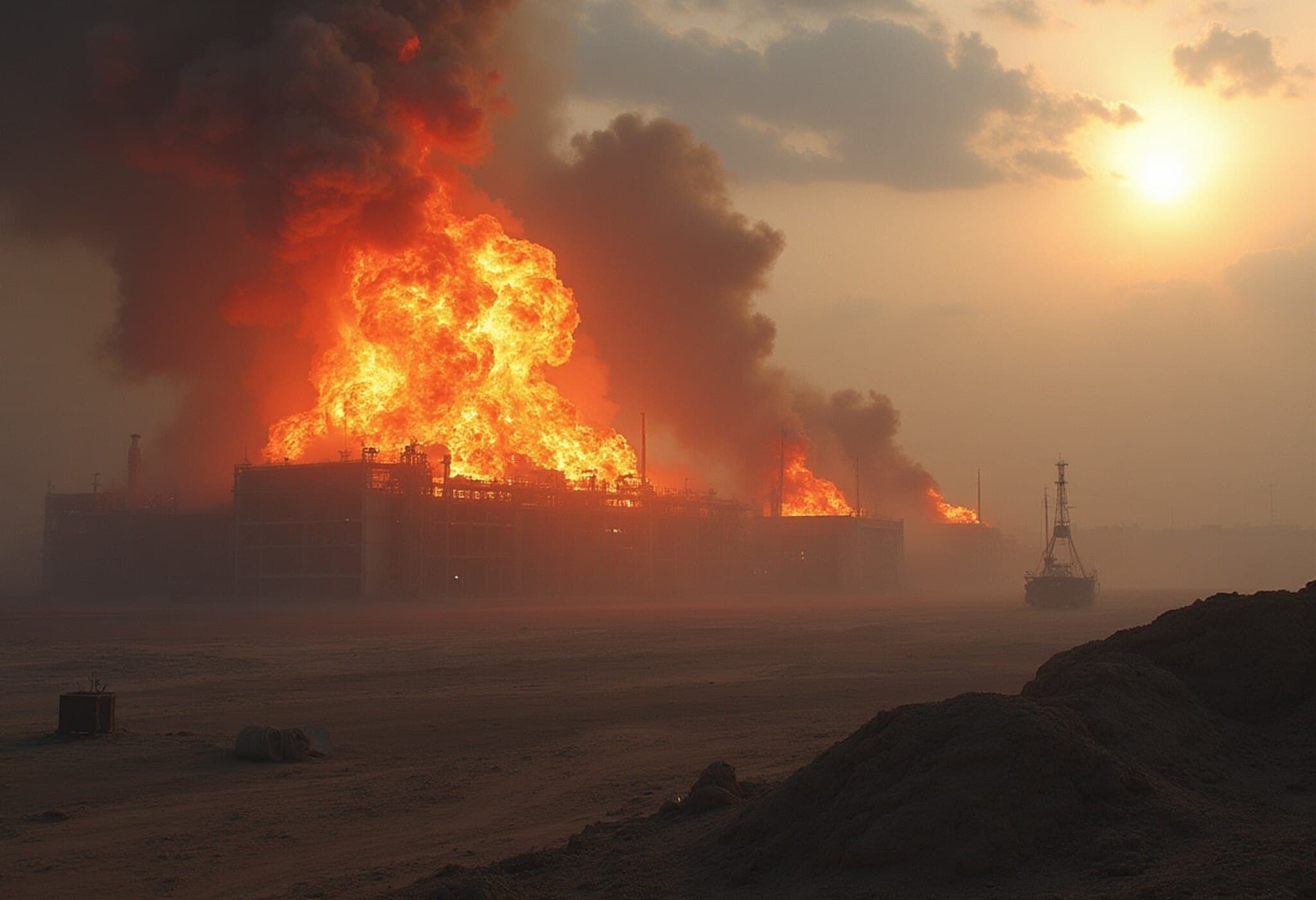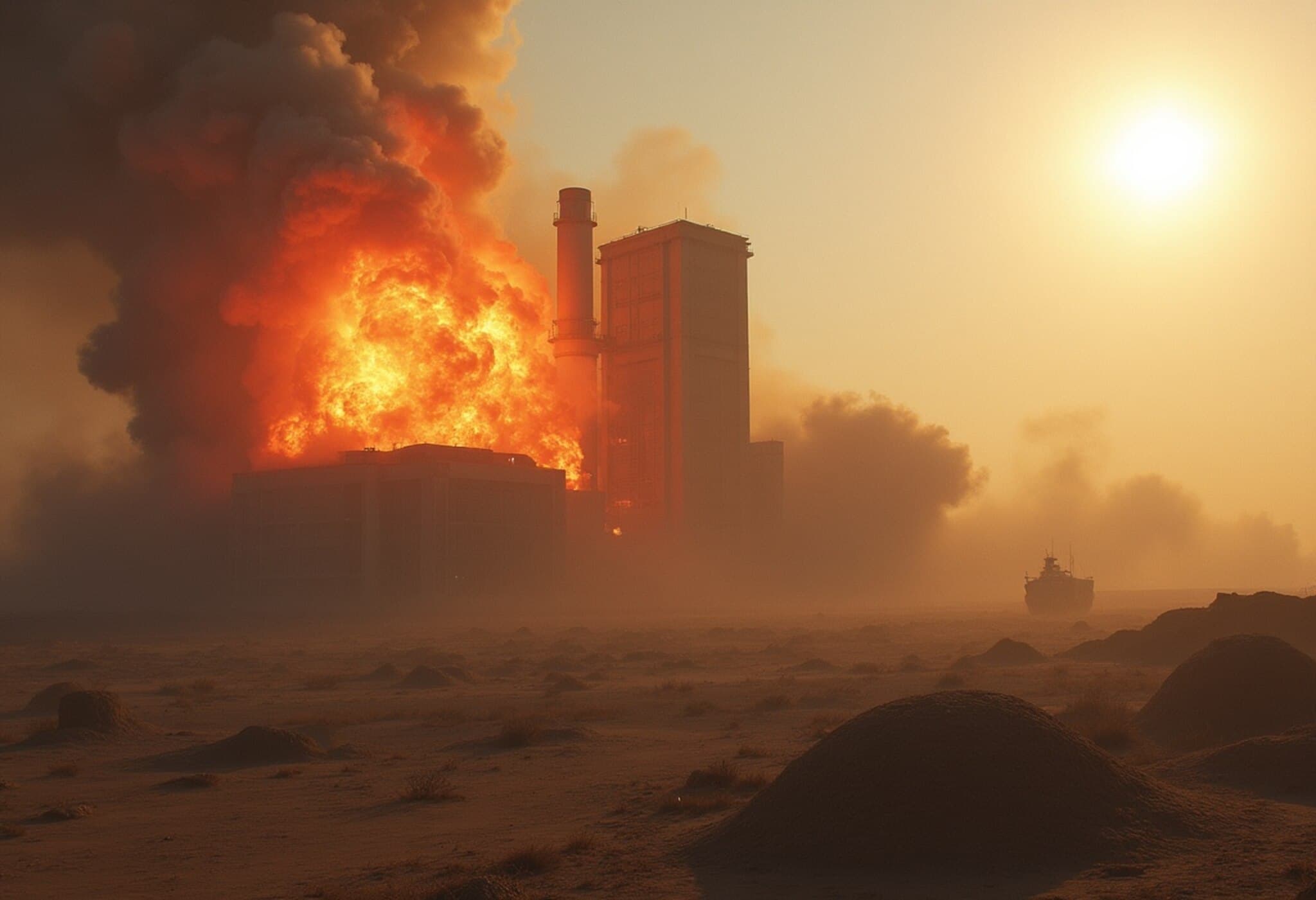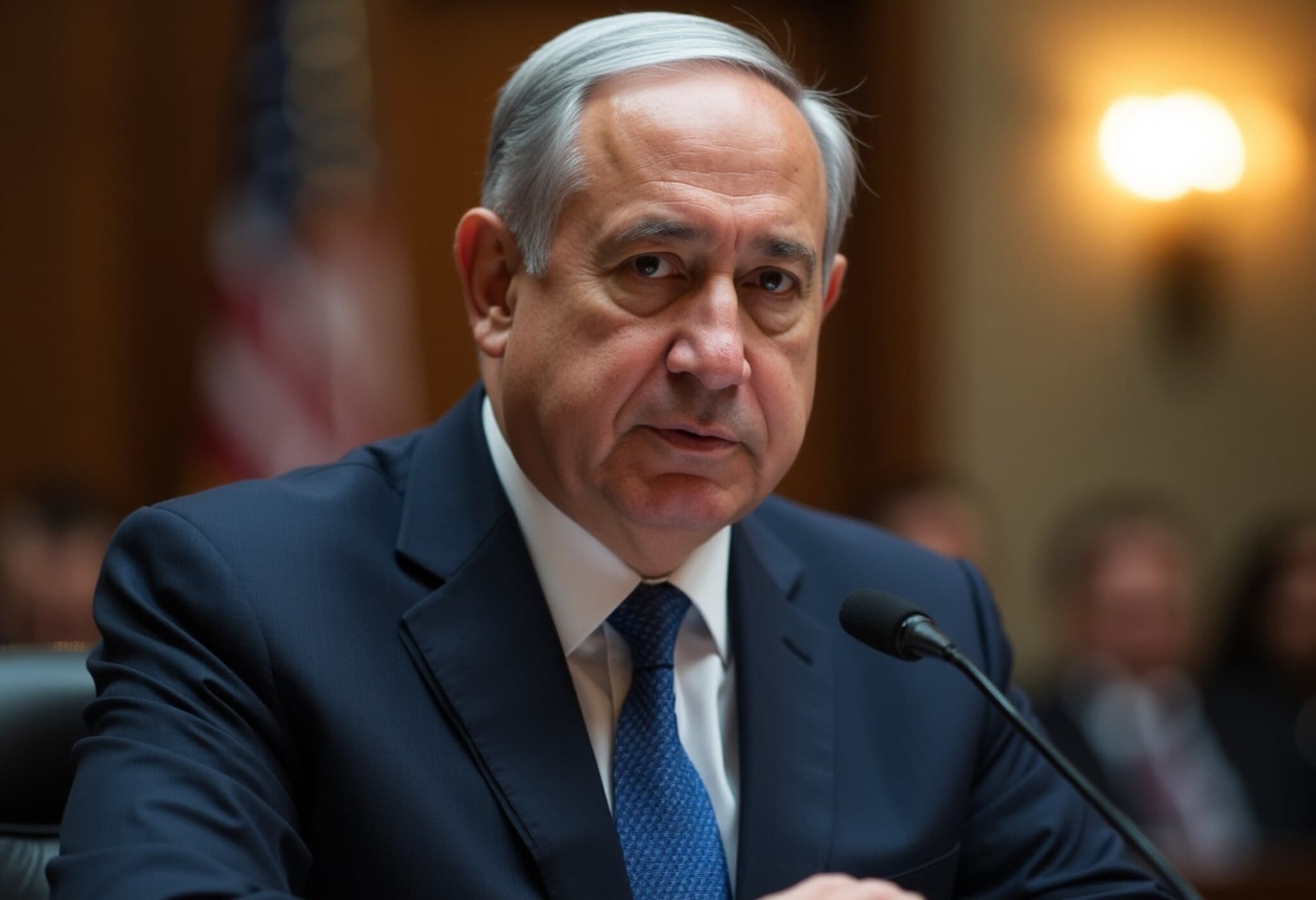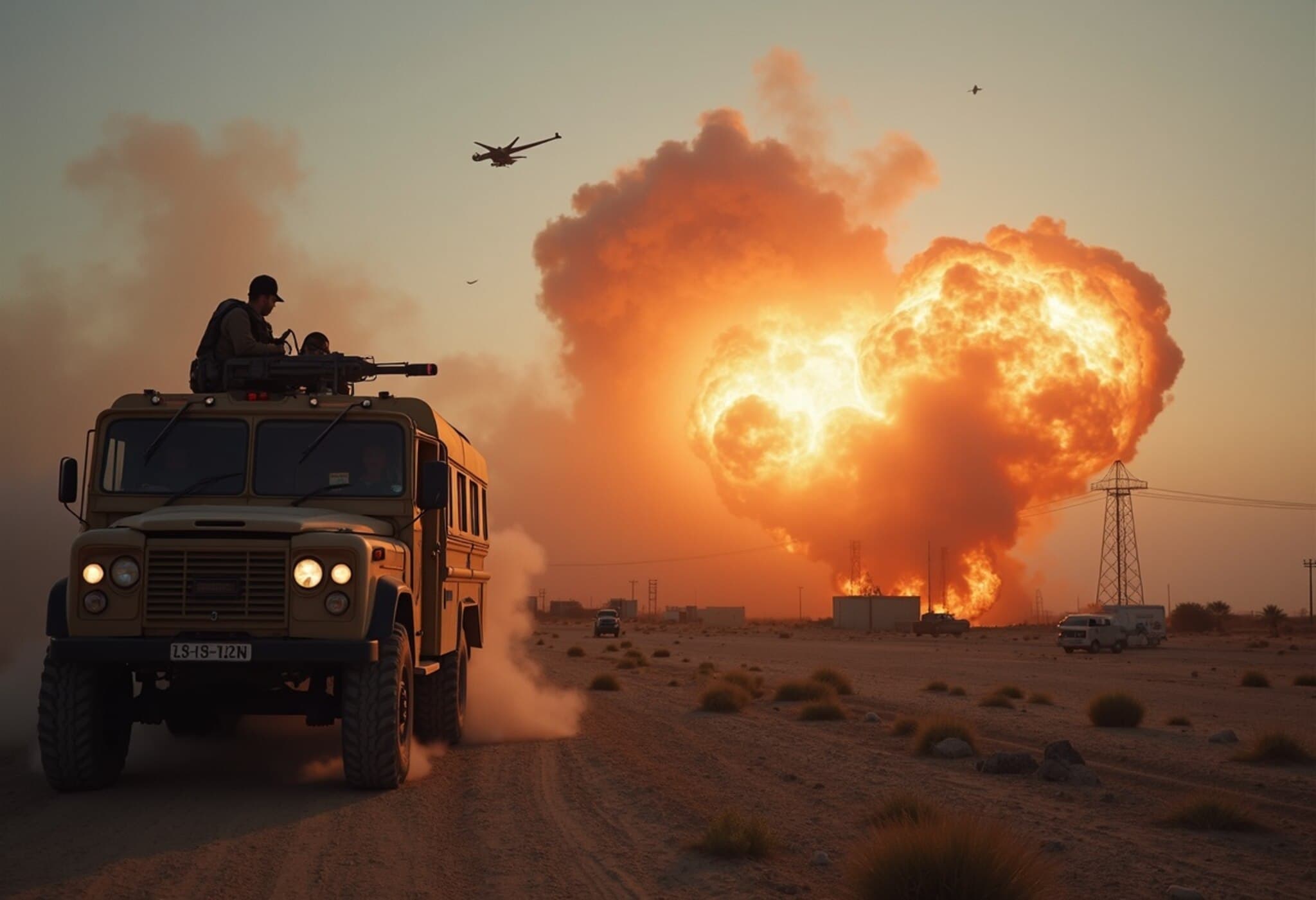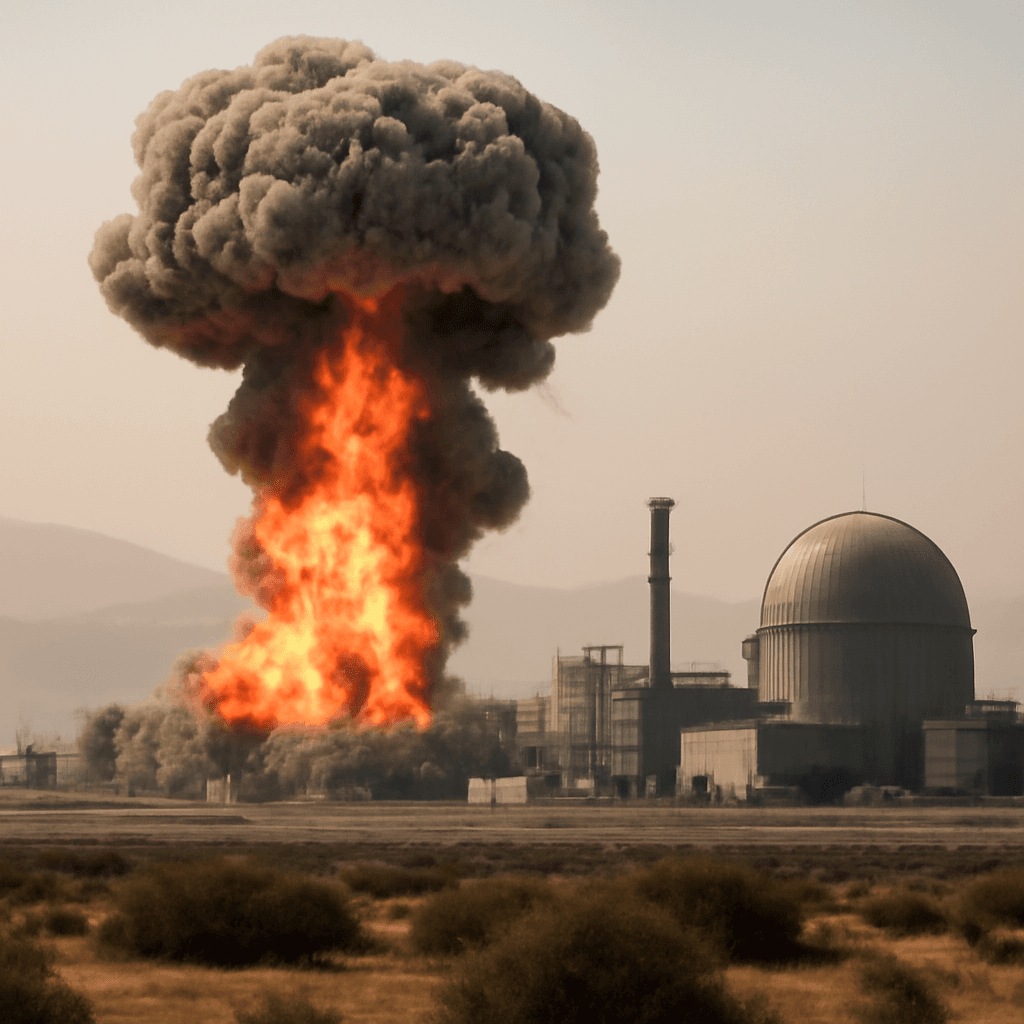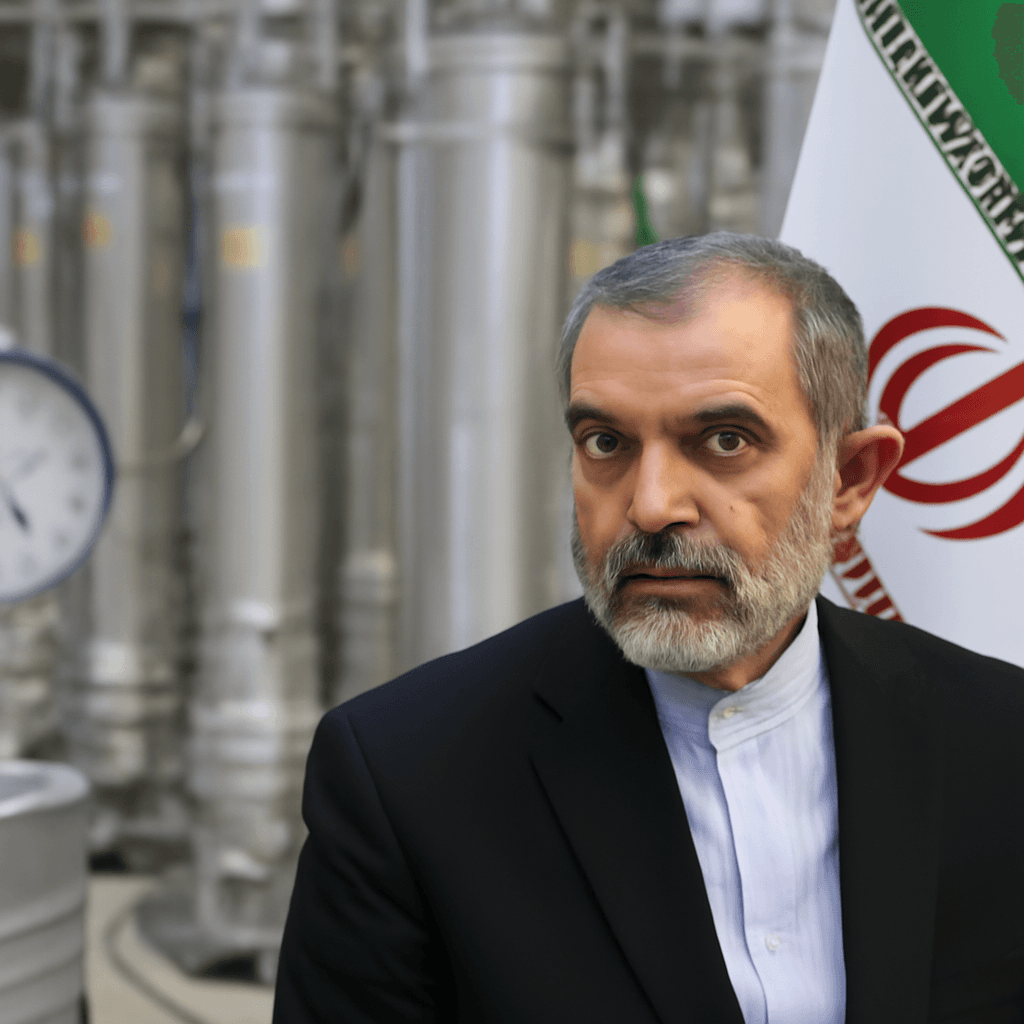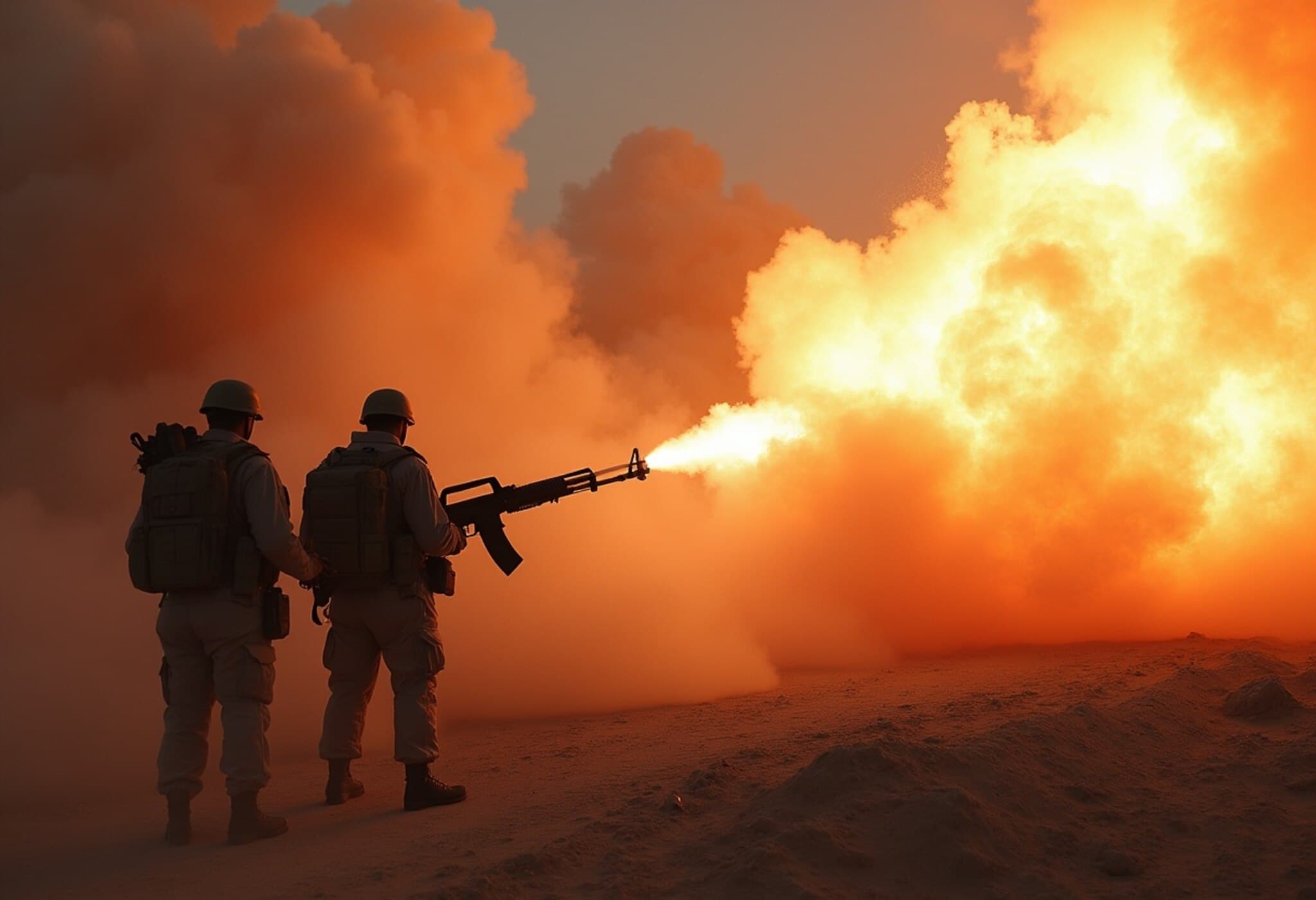Israel Warns Iran: Abandon Nuclear Ambitions or Face Consequences
Israel’s Ambassador Reuven Azar has issued a stern warning to Iran, urging the nation to relinquish its pursuit of nuclear weapons. Stressing the dire consequences of Tehran’s continued ambitions, Azar highlighted that a peaceful and responsible path forward remains the only viable option for the Islamic Republic.
Reflecting on historical lessons, Azar pointed out, “Saddam Hussein, the Assad regime, and Gaddafi all attempted to develop nuclear weapons. None succeeded, and their fates were dire.”
The Threat of a Radical Regime
Azar underscored the gravity of Iran’s situation, emphasizing that unlike previous leaders, Iran’s current regime openly professes hostility toward Israel. He said, “This radical government has repeatedly declared its intent to annihilate Israel, referred to as the ‘small Satan,’ while targeting the ‘big Satan,’ the United States.” The combination of extreme ideology and nuclear ambitions, he warned, represents an unacceptable threat that must be confronted decisively.
Operation Rising Lion: Israel’s Response
Israel launched Operation Rising Lion as a preemptive measure to stop Iran's covert nuclear progress. Azar revealed that Israeli forces targeted over 200 locations across Iran, including military and nuclear sites, aiming to halt uranium enrichment activities nearing weapons-grade levels. According to him, “Israel could no longer allow Iran to deceive the world with clandestine nuclear development.”
He made clear, “We have consistently stated that if Iran moves forward with nuclear weapon development, Israel will take action. That moment has arrived.”
Foiling Iran's Three-Pronged Threat
According to Azar, Iran’s strategy posed a triple existential threat to Israel. First, Iran’s prolonged nuclear weapons program was on the brink of success but was intercepted by Israel’s efforts.
Second, Iran’s vast ballistic missile production presented a growing danger. Azar revealed staggering plans: Iran aimed to manufacture 10,000 ballistic missiles within three years and double that by six years. Each missile can carry a payload equivalent to 1,000 kilograms of TNT capable of mass destruction — a missile barrage could prove catastrophic for a small nation like Israel.
Third, Iran was establishing a “ring of fire” around Israel by arming proxies such as Hamas, Hezbollah, and militias in Syria, Iraq, and Yemen, further escalating tensions in the region.
Diplomacy’s Role Amid Rising Tensions
Despite these fierce warnings, Azar emphasized that diplomacy remains a potential avenue if Iran chooses to genuinely abandon its nuclear ambitions. However, he was clear that diplomatic efforts must not be exploited as a cover for illicit nuclear activities.
“The International Atomic Energy Agency has confirmed Iran’s breach of safeguard agreements,” Azar noted, highlighting decades of deception.
He also reassured that Israel does not stand alone; it maintains strong alliances, especially with the United States, to address this ongoing challenge.
Conclusion
Israel’s decisive actions against Iran’s nuclear ambitions send a clear message: the pursuit of weapons of mass destruction by hostile regimes will be met with firm resistance. With Iran’s “three-point plan” thwarted, the future remains uncertain — but proactive measures and diplomatic pressure continue to shape the unfolding regional dynamics.


